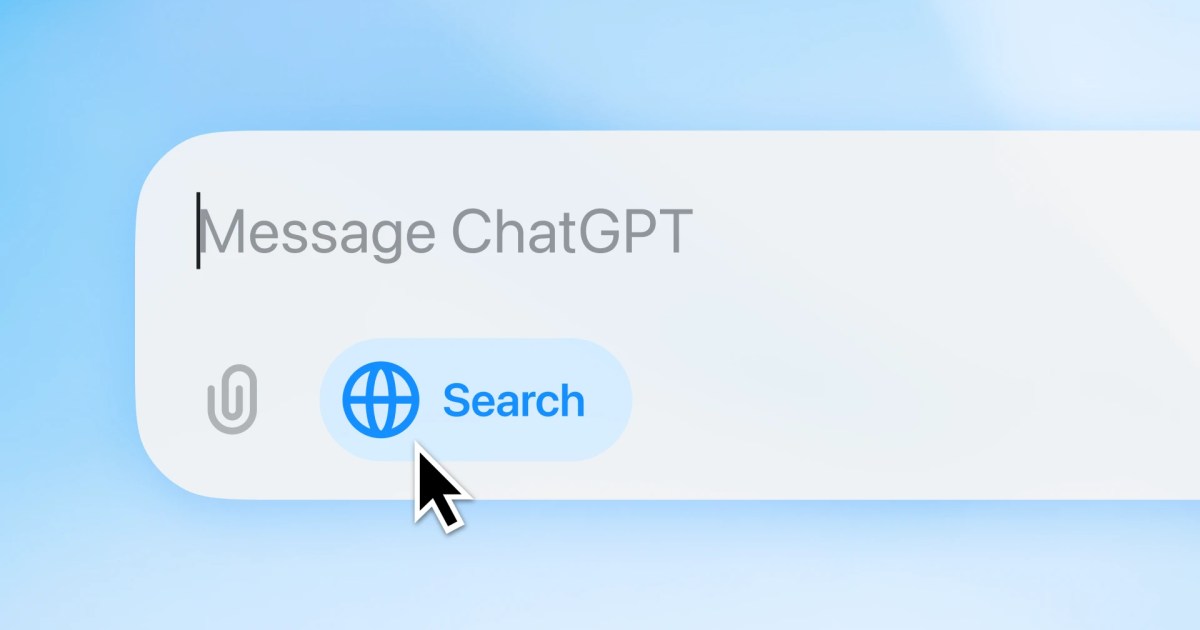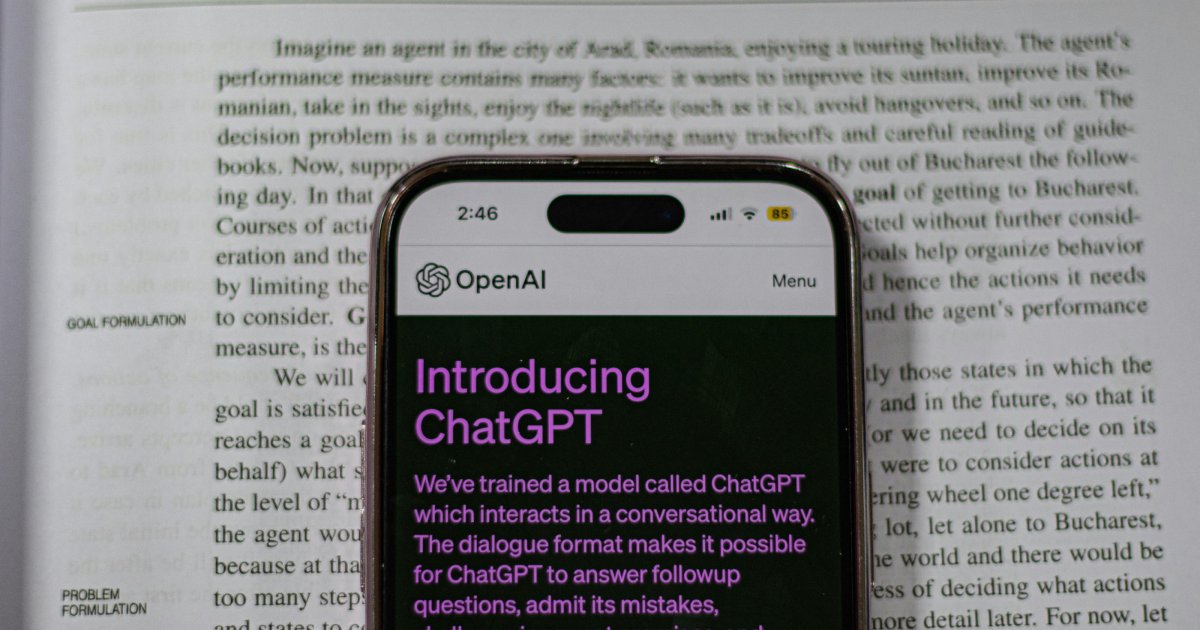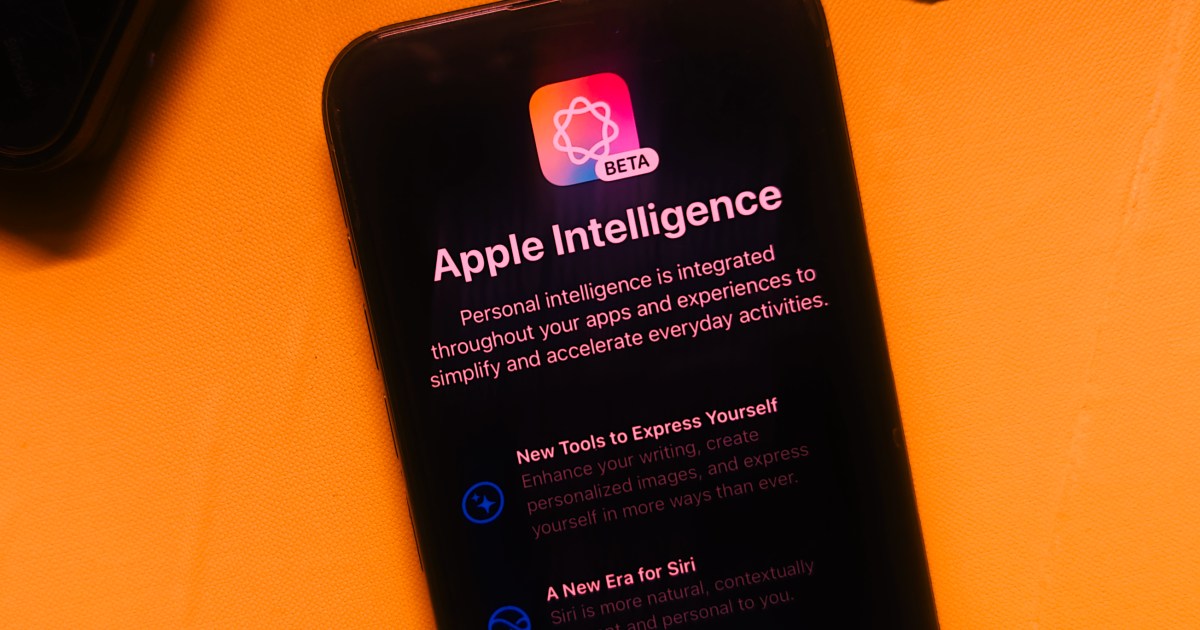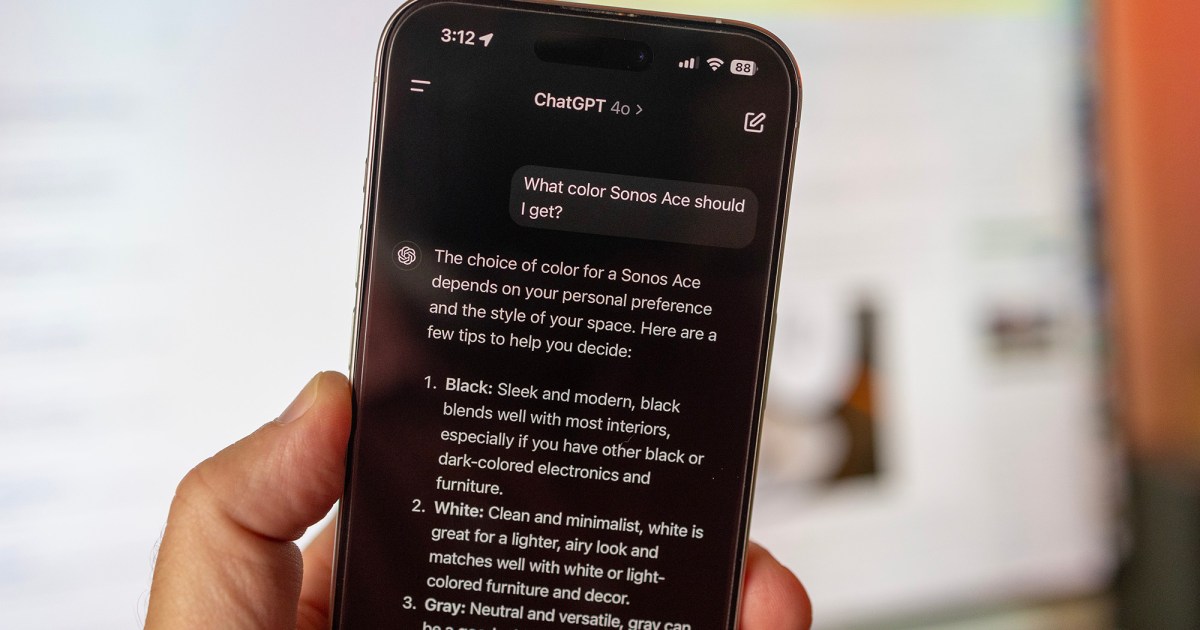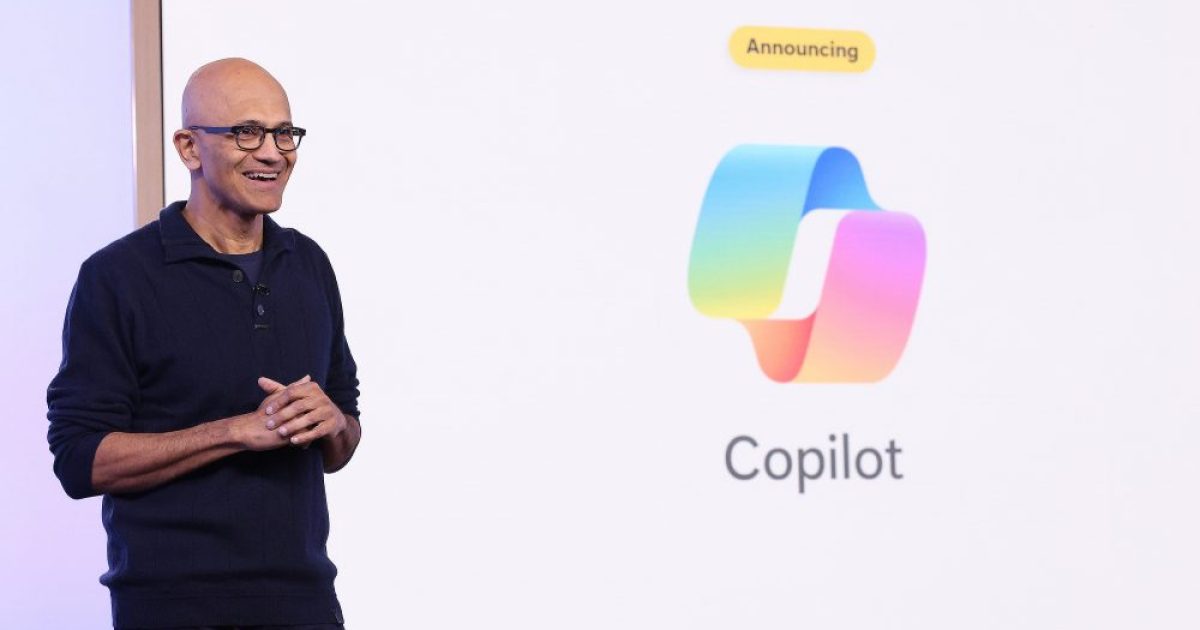OpenAI, despite facing projected losses, continues its ambitious pursuit of Artificial General Intelligence (AGI). Project Strawberry, officially announced in mid-September 2024, represents a significant stride towards this goal. This innovative large language model promises to surpass existing systems with its advanced reasoning capabilities, potentially shaping the future of AI applications like ChatGPT.
Unveiling Project Strawberry’s Potential
Project Strawberry is poised to revolutionize AI reasoning. By leveraging reinforcement learning and “chain of thought” reasoning, this model exhibits remarkable problem-solving abilities. Internal documents suggest it can tackle unseen math problems, devise marketing strategies, solve complex word puzzles, and even conduct autonomous internet research.
Early tests demonstrate its prowess. In an International Mathematics Olympiad qualifying exam, where the previous GPT-4o model achieved only 13% accuracy, the o1-preview version of Strawberry achieved an impressive 83%. Furthermore, it scored in the 89th percentile in a Codeforces coding competition. Strawberry also addresses questions that stumped earlier models, showcasing its enhanced comprehension.
The model’s architecture draws inspiration from the Self-Taught Reasoner (STaR) technique, enabling it to generate its own training data and continually improve its capabilities.
Decoding the Name “Strawberry”
The origin of the name “Strawberry” remains undisclosed by OpenAI. It served as an internal code name during development, initially hinted at in a cryptic social media post by CEO Sam Altman, sparking widespread speculation.
Previously known as Q* (Q-Star), this project played a pivotal role in the temporary ouster of Altman in November 2023. OpenAI researchers expressed concerns about the potential risks of unregulated advanced AI, specifically mentioning Q*. Following Altman’s reinstatement, Q* was renamed Strawberry in July 2024.
Project Strawberry’s Availability and Future
OpenAI launched the “o1-preview” and “o1-mini” versions of Project Strawberry in September 2024. ChatGPT Plus and Teams subscribers gained immediate access, followed by Enterprise and Edu users. OpenAI intends to extend o1-mini availability to free-tier users eventually.
Addressing Concerns about Autonomous AI
Strawberry’s ability to autonomously navigate the internet raises concerns about potential risks, echoing anxieties about uncontrolled AI development. Former OpenAI researchers have voiced concerns about the company’s pursuit of AGI, citing a lack of sufficient safeguards.
Despite these concerns, OpenAI continues its AGI pursuit, aiming to achieve this within the next decade. The company has introduced a five-tier scale to assess AI system capabilities and is actively seeking additional funding to support its ambitious endeavors.
Conclusion: A Significant Step Forward
Project Strawberry represents a significant advancement in OpenAI’s pursuit of AGI. Its enhanced reasoning capabilities, ability to learn and adapt, and potential for broad applications mark a crucial step in the evolution of AI. While concerns about safety and regulation persist, Project Strawberry’s development underscores the rapid progress and transformative potential of AI technology.




